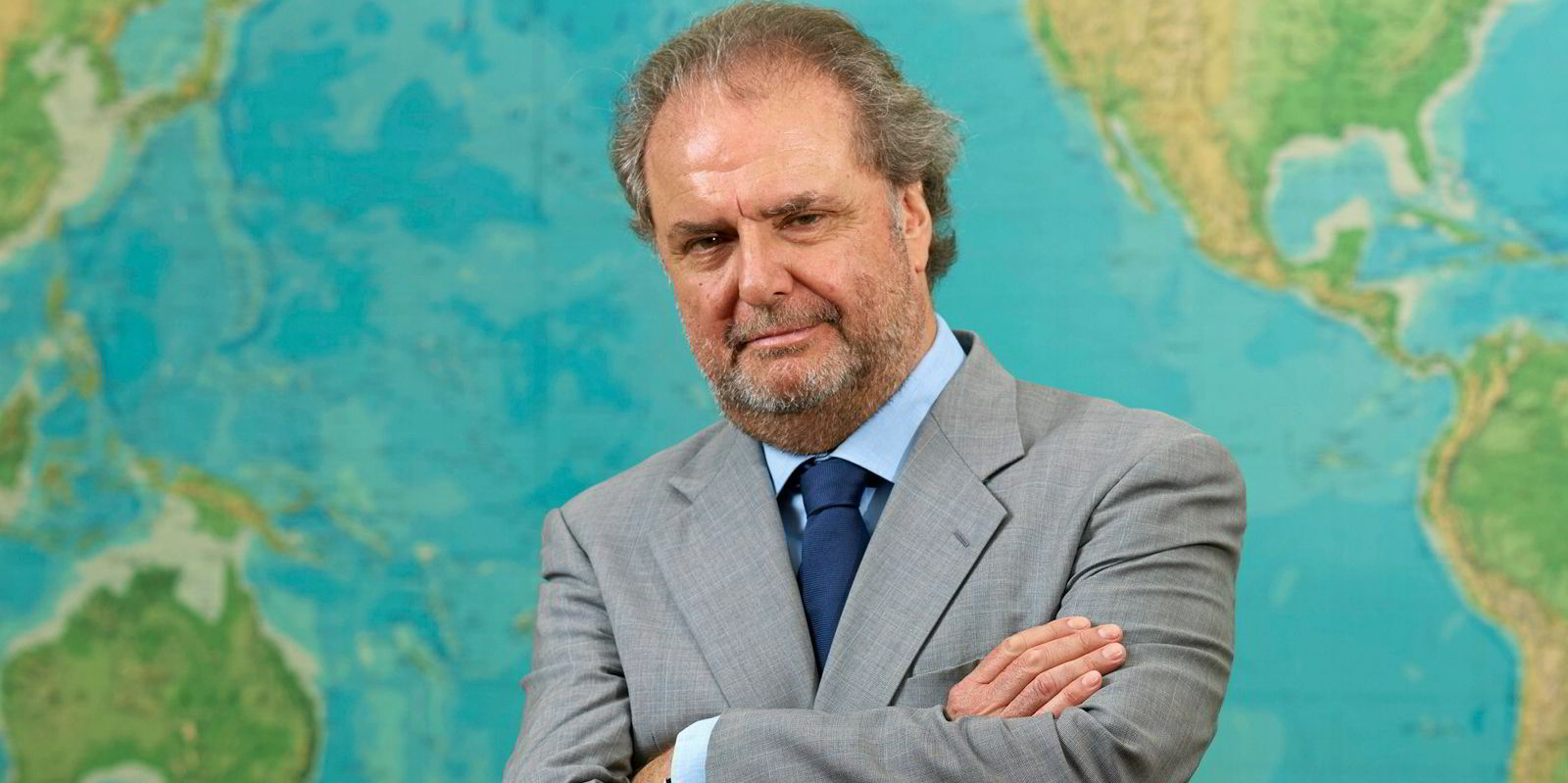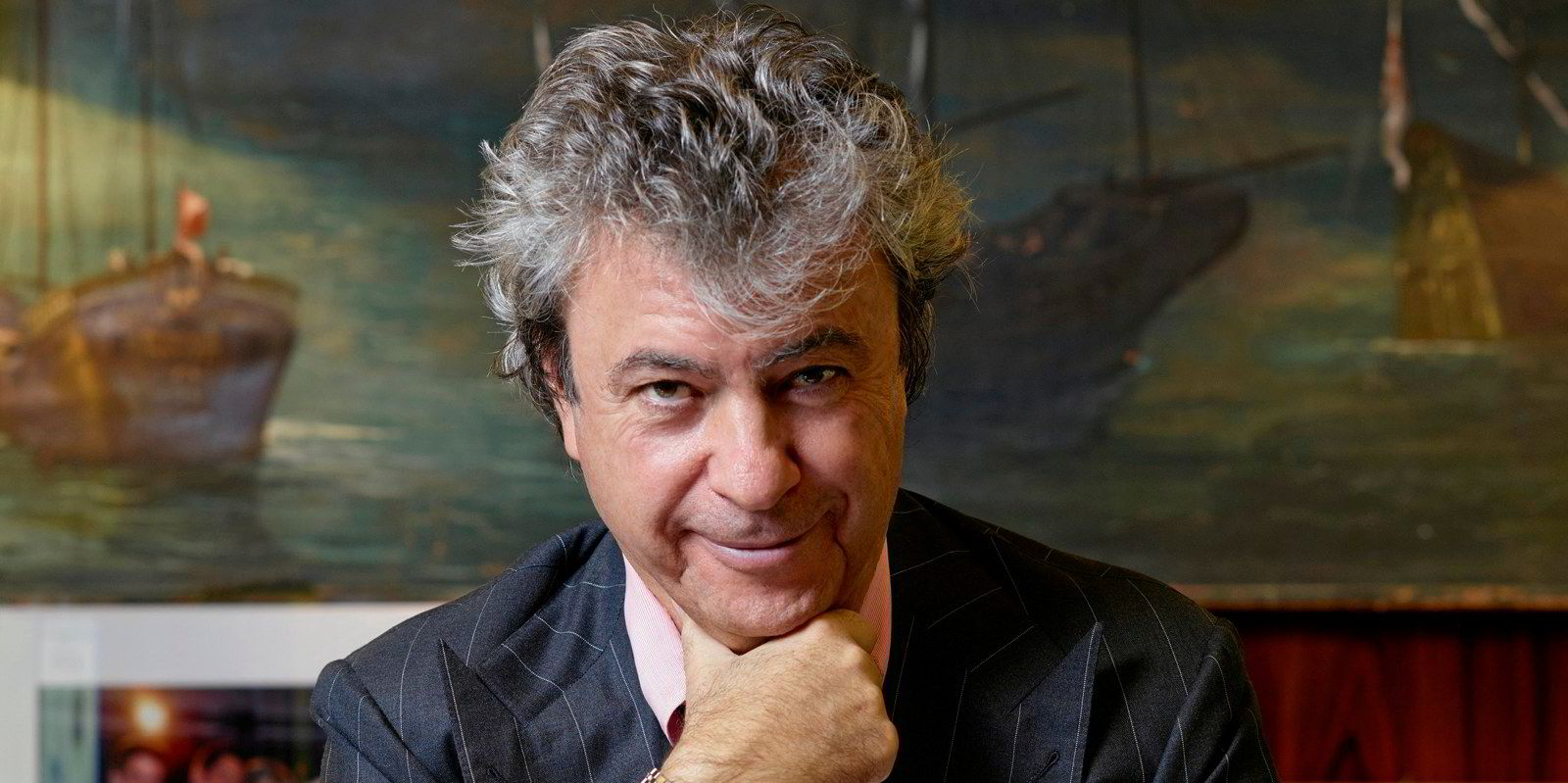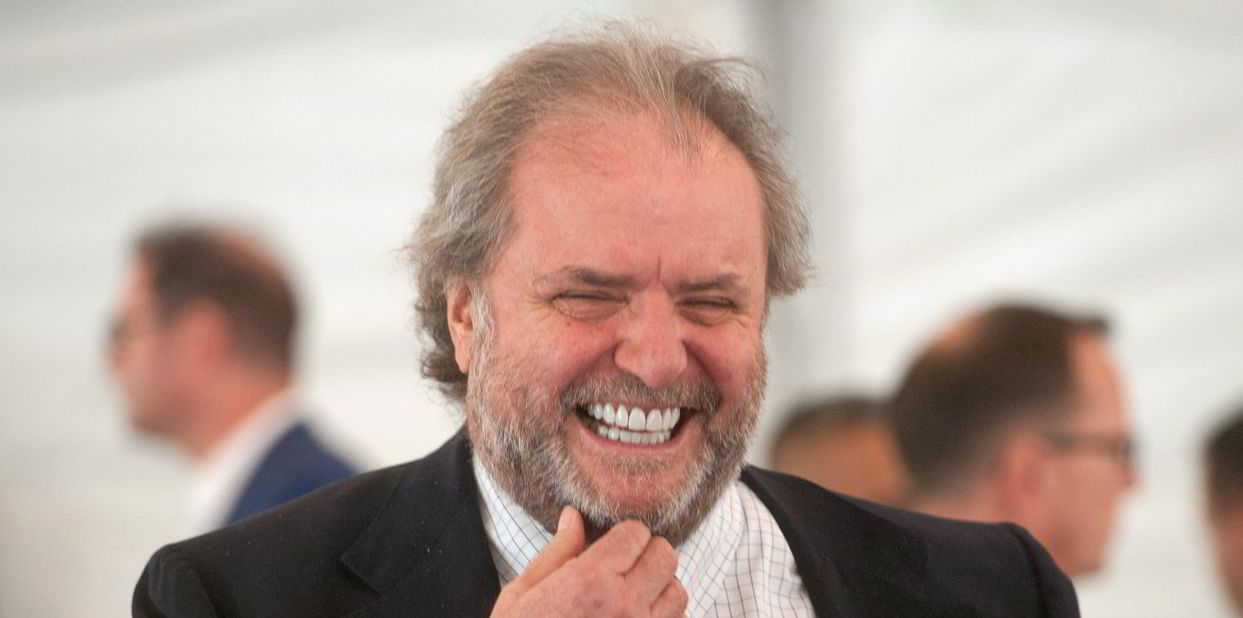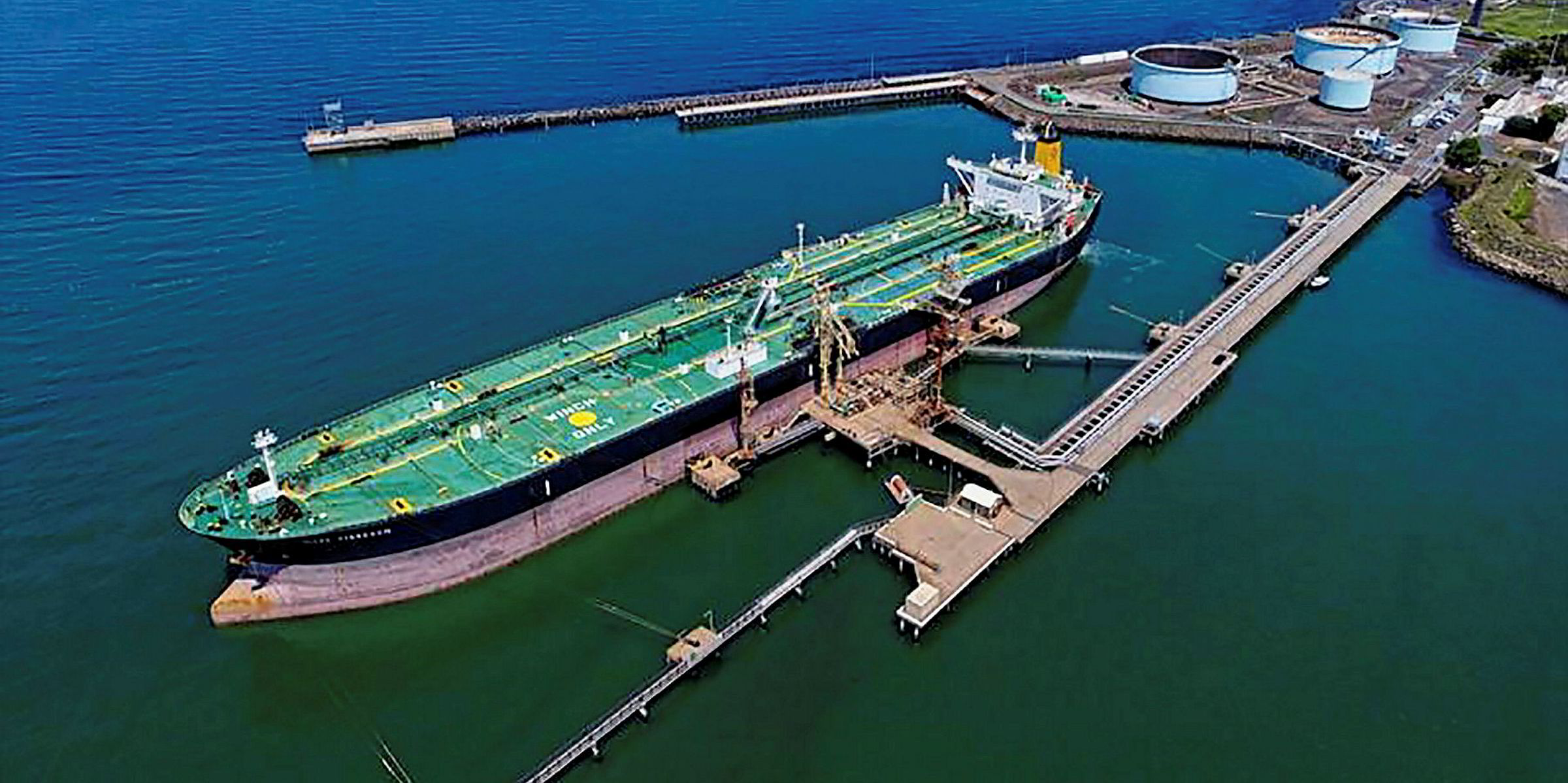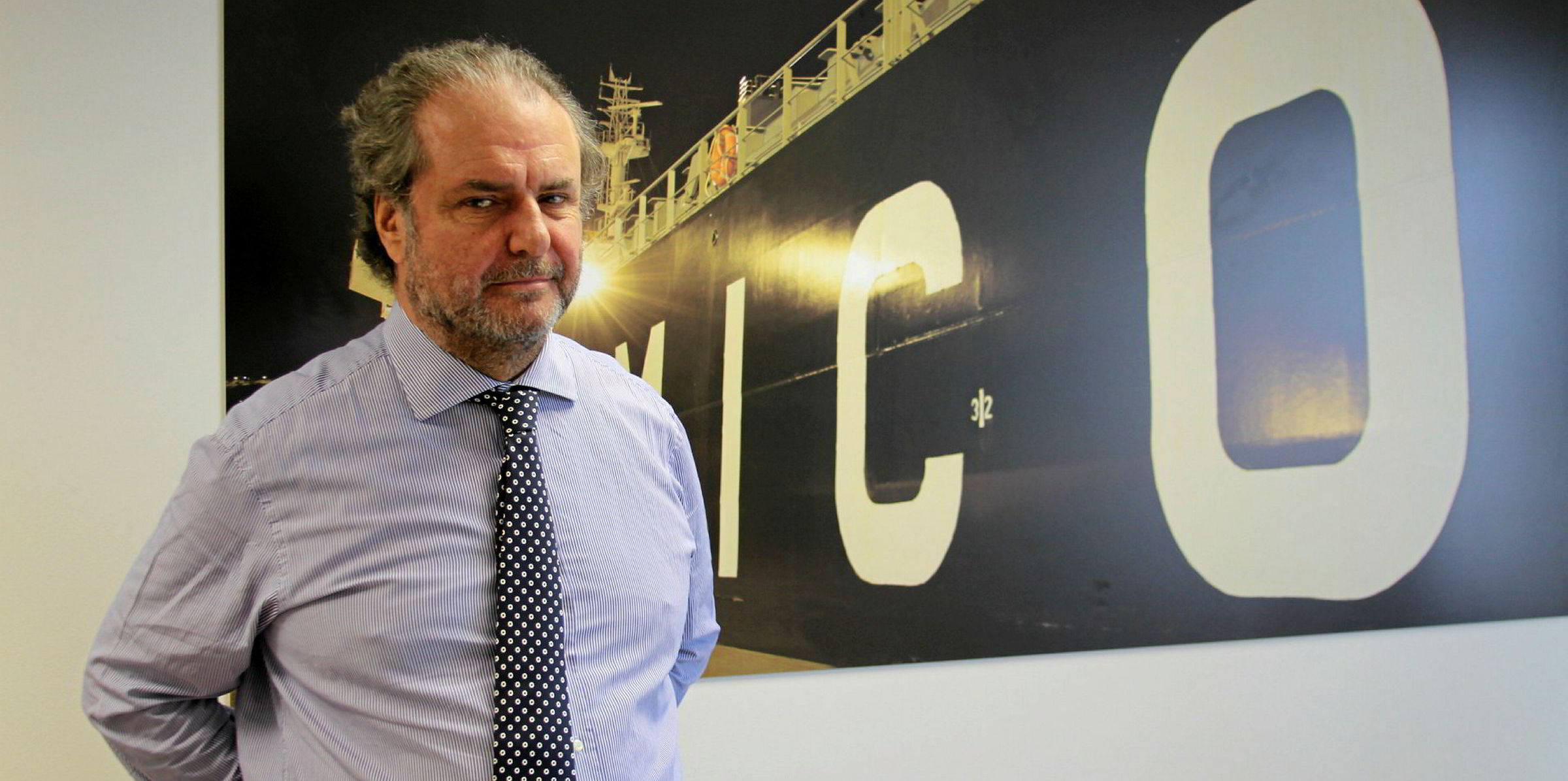Newbuilding crude tankers have been cannibalising product trade amid weak oil demand, according to the top executive of d’Amico International Shipping (DIS).
The comments came as his company reported that it had slipped into a first-quarter loss.
Recent industry reports said crude tankers were carrying refined products for more than their maiden voyages after departing shipyards, taking employment opportunities away from product tankers due to limited crude shipments.
DIS chairman and chief executive Paolo d’Amico told TradeWinds that his company, which has a fleet of nearly 40 product tankers, is “suffering a lot from the competition of crude oil ships”.
“VLCCs and suezmaxes are loading diesel and bring it to the West," he said. "That was a limited phenomenon in the past, but is becoming more and more common. This is certainly not helping us.”
On Thursday, Milan-listed DIS reported $59.1m in revenue for the first quarter — a collapse from $94.4m during the same period of 2021. It flipped into a net loss of $9.8m from a net profit of $1.52m.
The time-charter equivalent rate of DIS vessels in spot trading slumped from $17,354 per day to $9,923 per day.
D’Amico attributed spot market woes to renewed Covid-19 outbreaks in several parts of the world, including Europe, where fuel demand was plagued by lockdown measures.
Looking forward, he said market conditions will remain “challenging” but “improving”.
Opec and its Russia-led allies are hiking crude production from this month, with many analysts expecting a gradual recovery in oil consumption amid mass vaccination for the rest of the year.
D’Amico pointed out that increased crude production will eventually translate into more output of refined products and stronger freight rates.
“If crude [tanker charterers are] paying more, there is no reason for crude tankers to ship diesel,” he said.
“They will move onto the crude market and get out of our market, and we are going to have an increased demand as a consequence ... as the vaccination goes further ahead.”
In its quarterly report, DIS revealed its balance sheet remains cushioned by period charter coverage.
The company said 49.5% of its fleet was fixed on time charters with an average rate of $15,842 per day — much higher than spot earning during the first quarter.
Operating cash flow amounted to $6.6m between January and March, versus $25.7m in the same period of 2020.
“DIS maintained a very healthy financial structure,” chief financial officer Carlos Balestra di Mottola said. “I am confident that our sound financial structure and prudent commercial strategy will allow DIS to comfortably weather these rough seas.”
